Creating smoke-free kitchens in Nepal through Indigenous community empowerment
IFAD Asset Request Portlet
Asset Publisher
Creating smoke-free kitchens in Nepal through Indigenous community empowerment
08 August 2021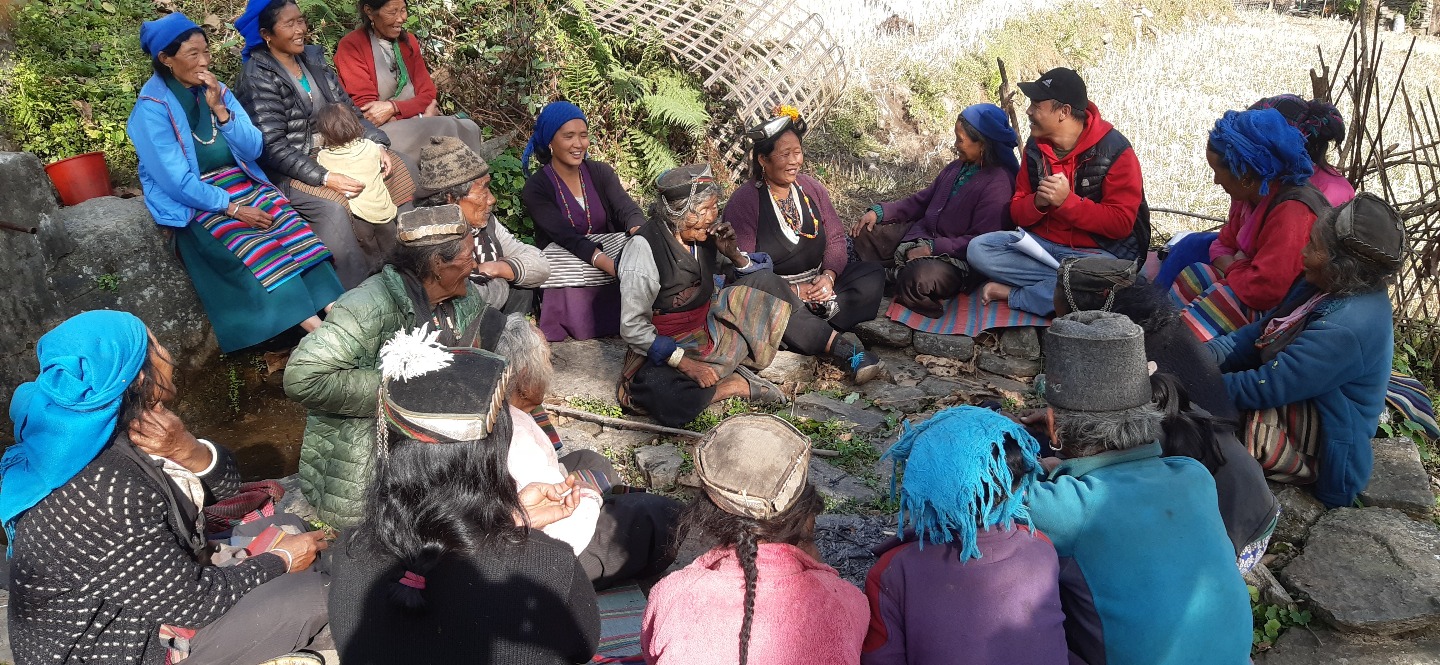
Three billion people around the world depend on cooking with wood, charcoal and animal dung on polluting open fires or inefficient stoves. The effects are alarming - every year, 400,000 children under five die as a result of household air pollution. Children and women in particular are exposed to smoke and have a higher risk of developing diseases, such as asthma, lung disease and pneumonia. In rural Nepal, around 90 per cent use solid fuels for cooking.
EcoHimal Nepal is a national non-government organization that works with rural mountain communities. They developed a project with NELHOS, another local organization funded by IFAD, in Rukuma and Chepuwa villages of Bhotkhola Rural municipality to develop ‘’smoke-free kitchens’’.
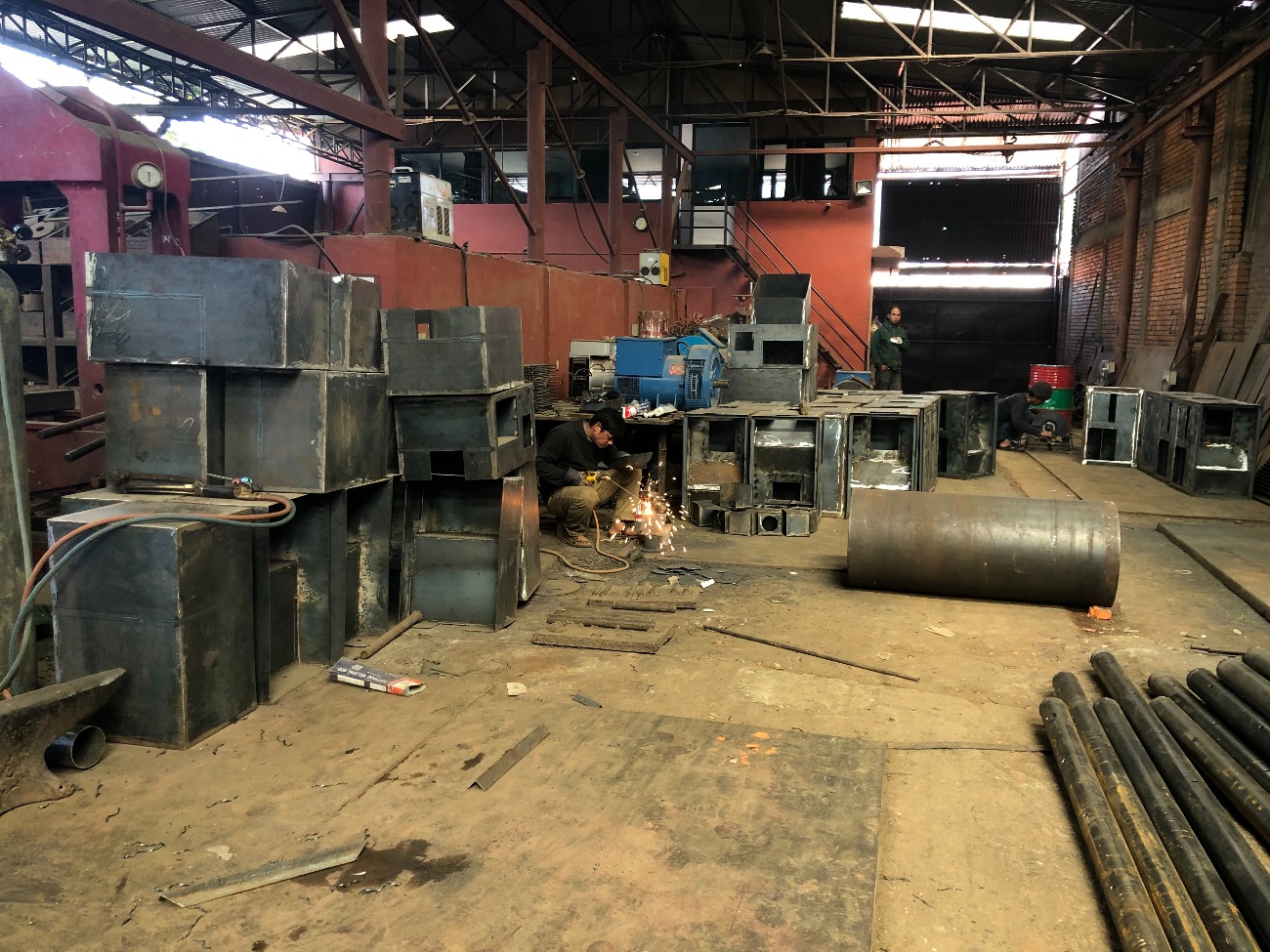
So far, the project has reached over 151 families and declared both villages as “smoke-free kitchen villages”. The Nepal Yantrashala Energy Company was selected to build Improved Cooking Stoves (ICS), which were then transported and installed in the project region. Most were installed in people’s houses, another 11 in public institutions and 16 small-sized stoves were installed in single women, and senior citizen headed households.
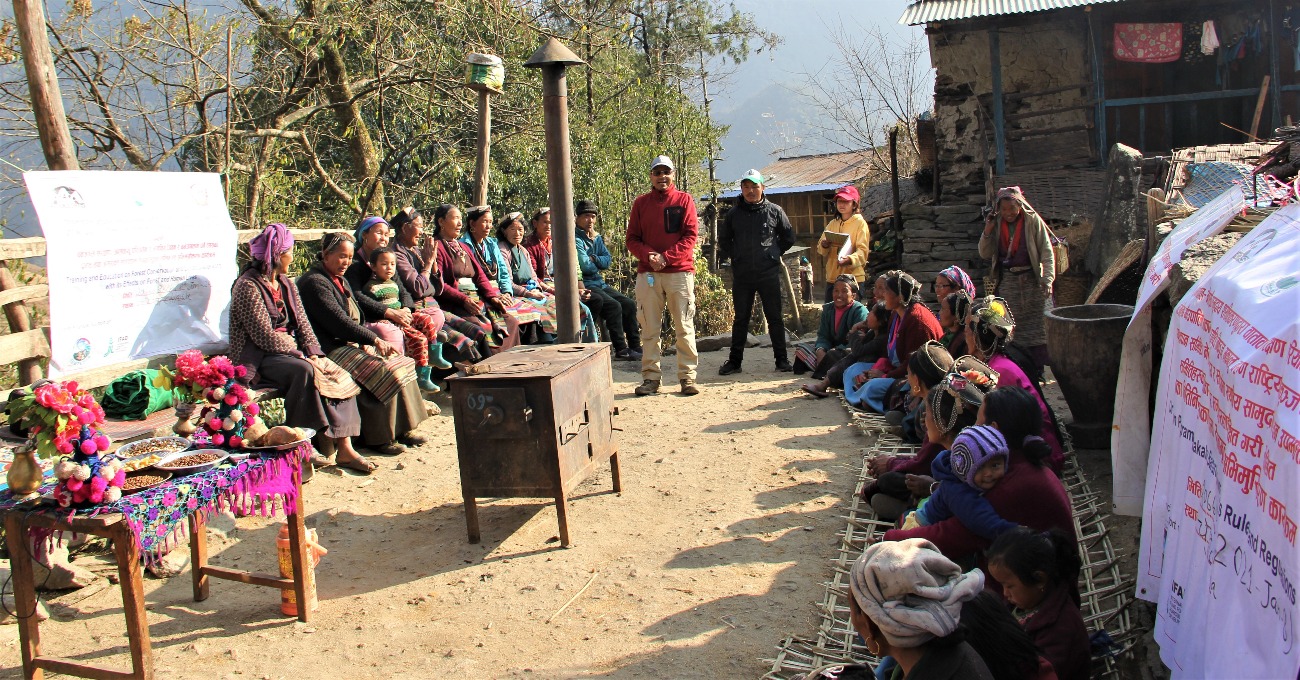
People receiving the stoves attended training sessions on how to use them, kitchen hygiene, indoor air pollution and its health impacts, and climate change and environment conservation. The project team visited households and at least one family member participated in a demonstration training of how to install and use the ICS. All households were given a training manual, printed cloth bags, caps and environmental awareness materials from the Department of National Park and Wildlife conservation.
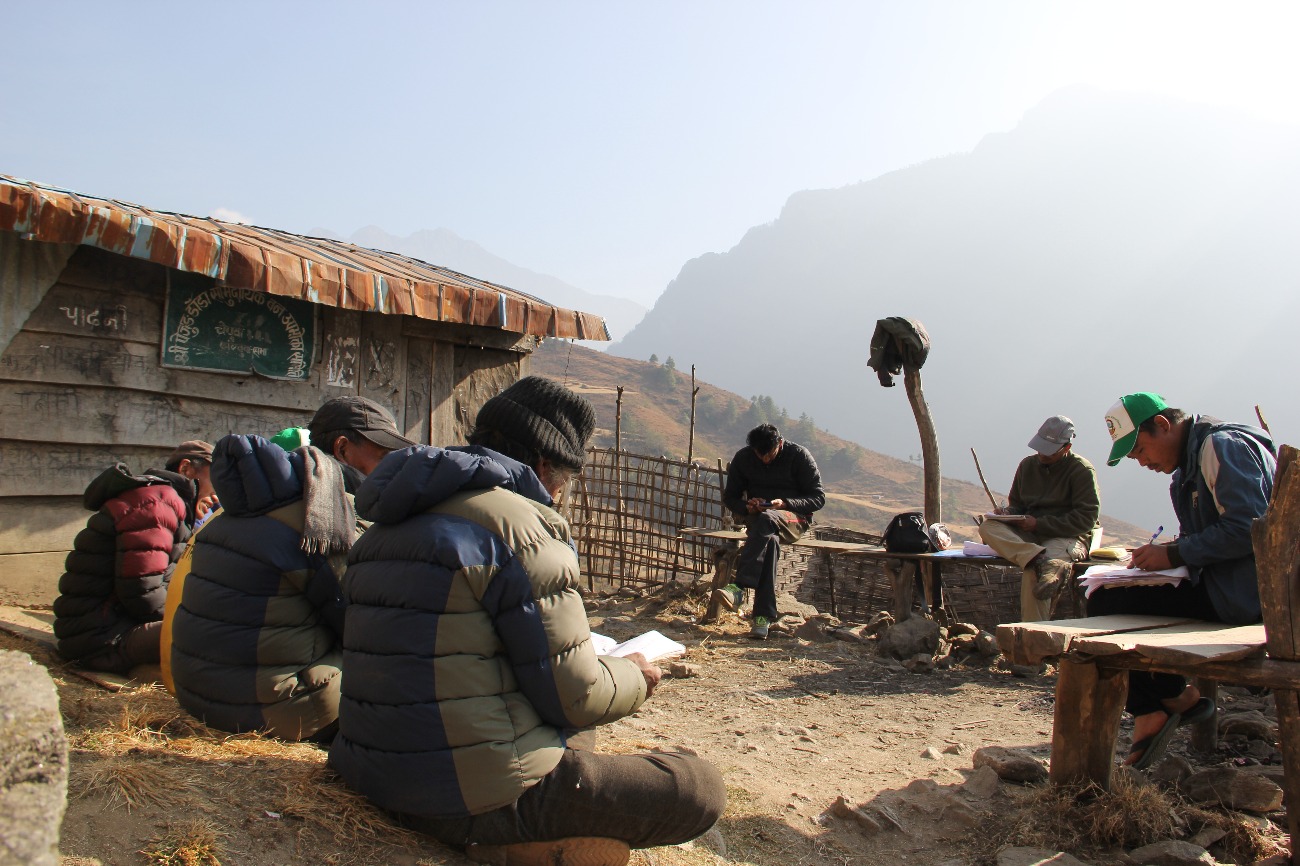
The project has empowered Community Forest Groups members (CFUG) and women’s groups in using natural resources and given them knowledge about climate change mitigation and adaptation. The communities have also learnt about the national park regulations to help protect natural resources.
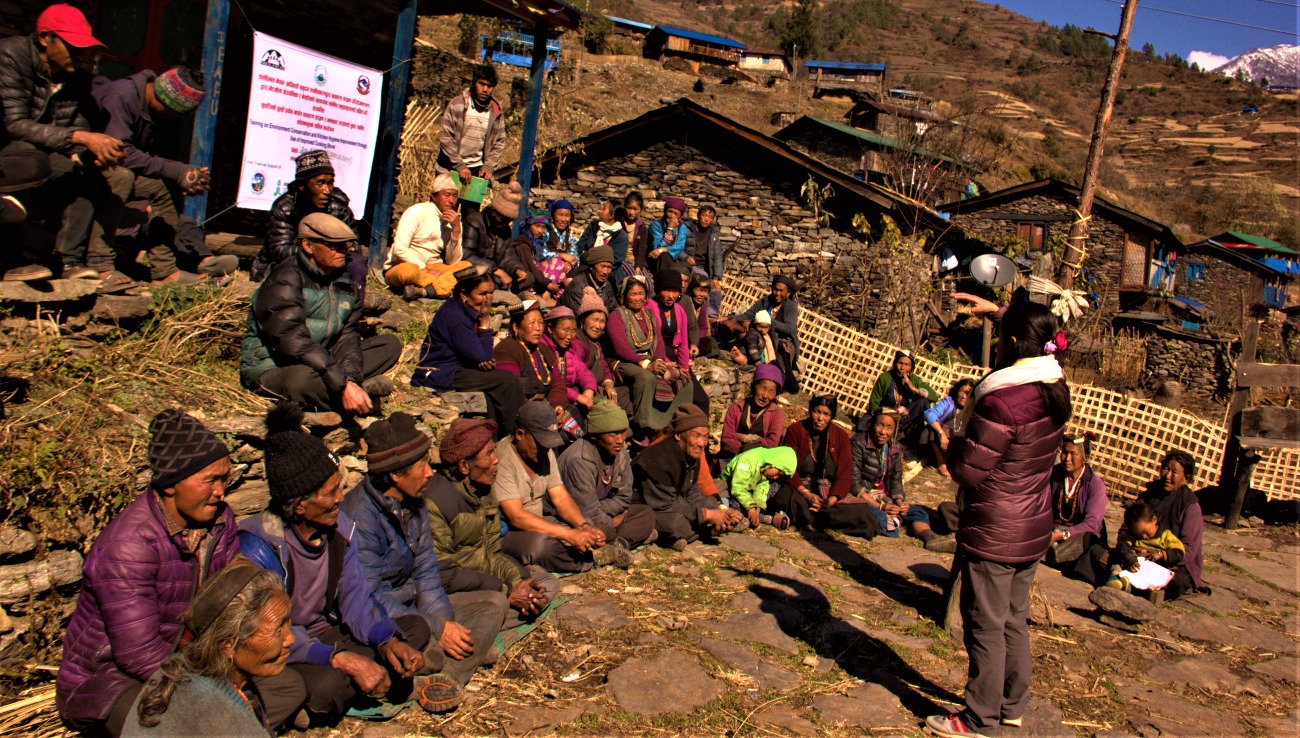
Training sessions were provided on indoor air pollution and kitchen hygiene. The main objective was to increase awareness among the community to adopt environmentally friendly technology for cooking. Carbon monoxide levels were monitored before and after the stoves were installed and 200 manuals on ICS installation, maintenance and repair were given to the women’s groups and households.
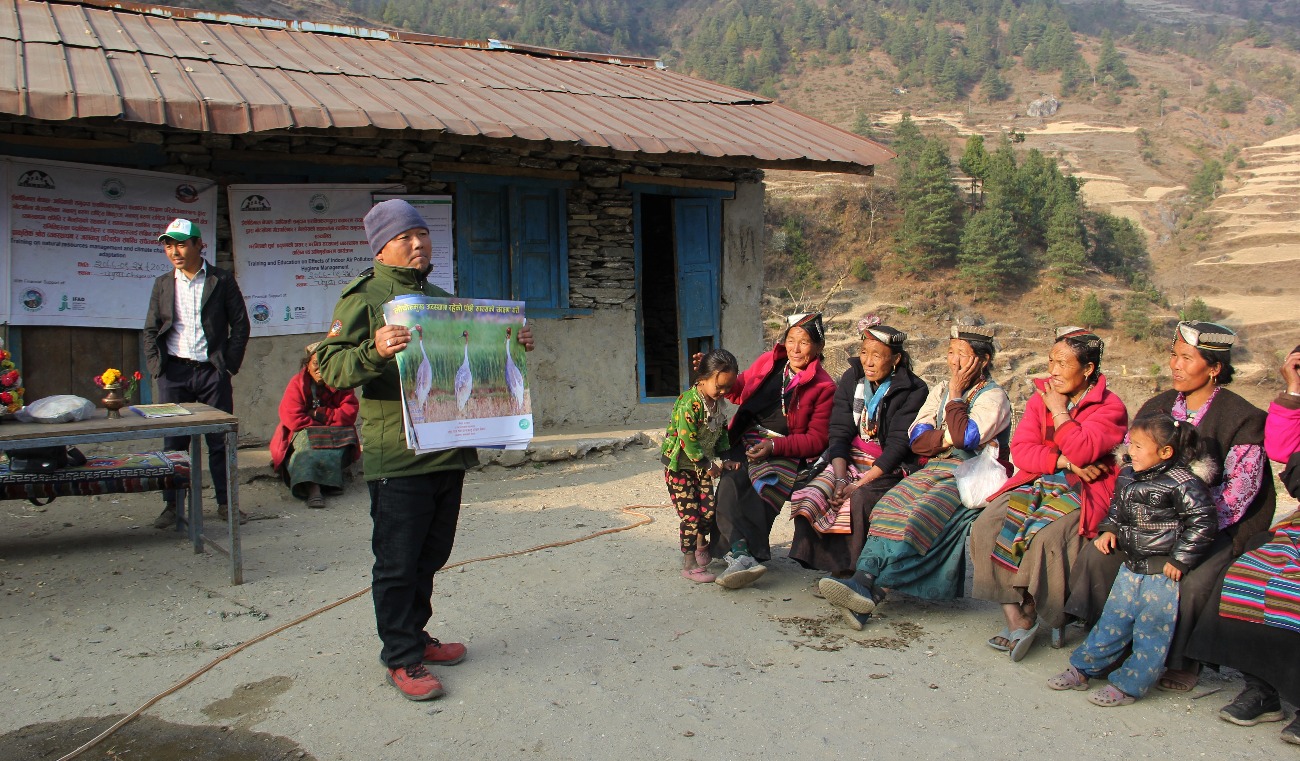
Working with Makalu Barun National Park, the project prepared and ran a training plan on forest conservation, degradation of high pasture forest, climate change and its relation to both the forest and people’s daily lives.
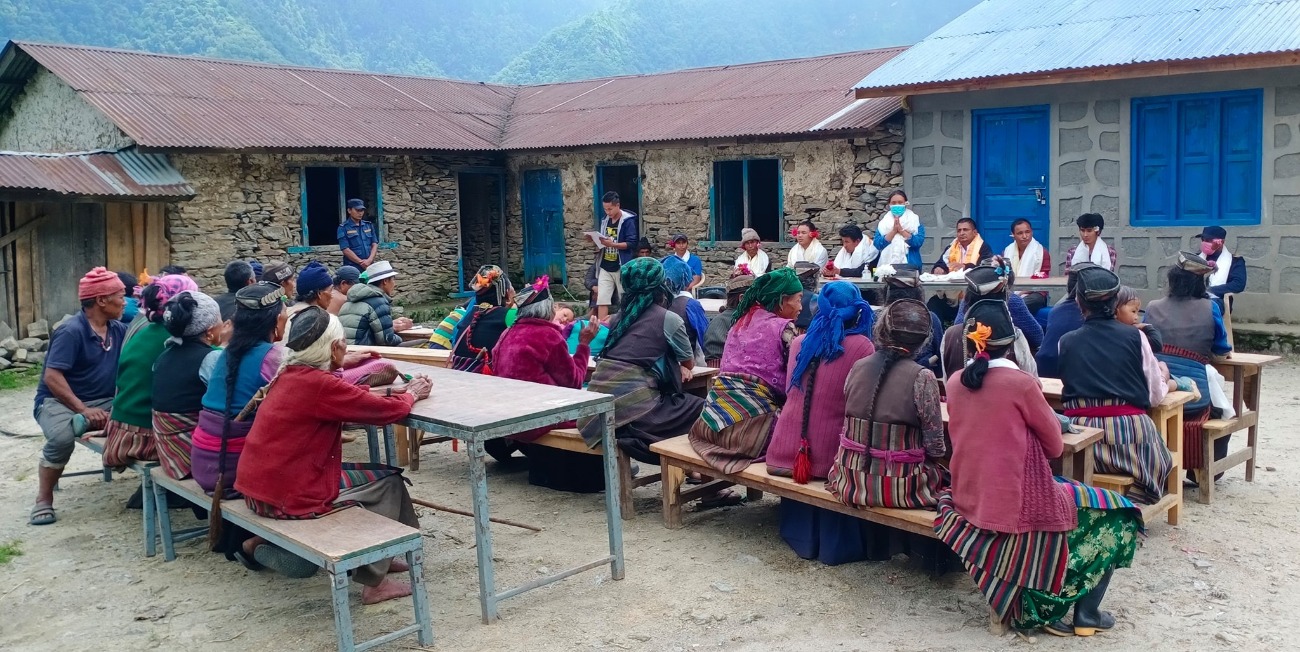
Following the installation of the cook stoves and training, the two villages, Chepuwa and Rukuma, were declared “Smoke-free Kitchen Villages” in June 2021. Following the programme’s success, it is now being replicated in the neighbouring villages and other districts.
Visit the project website for more information.